Can I store family records on DigiClerk?
people
Yes, you can store family records on DigiClerk. That’s one of the many reasons we have created DigiClerk and the People Collection platform.
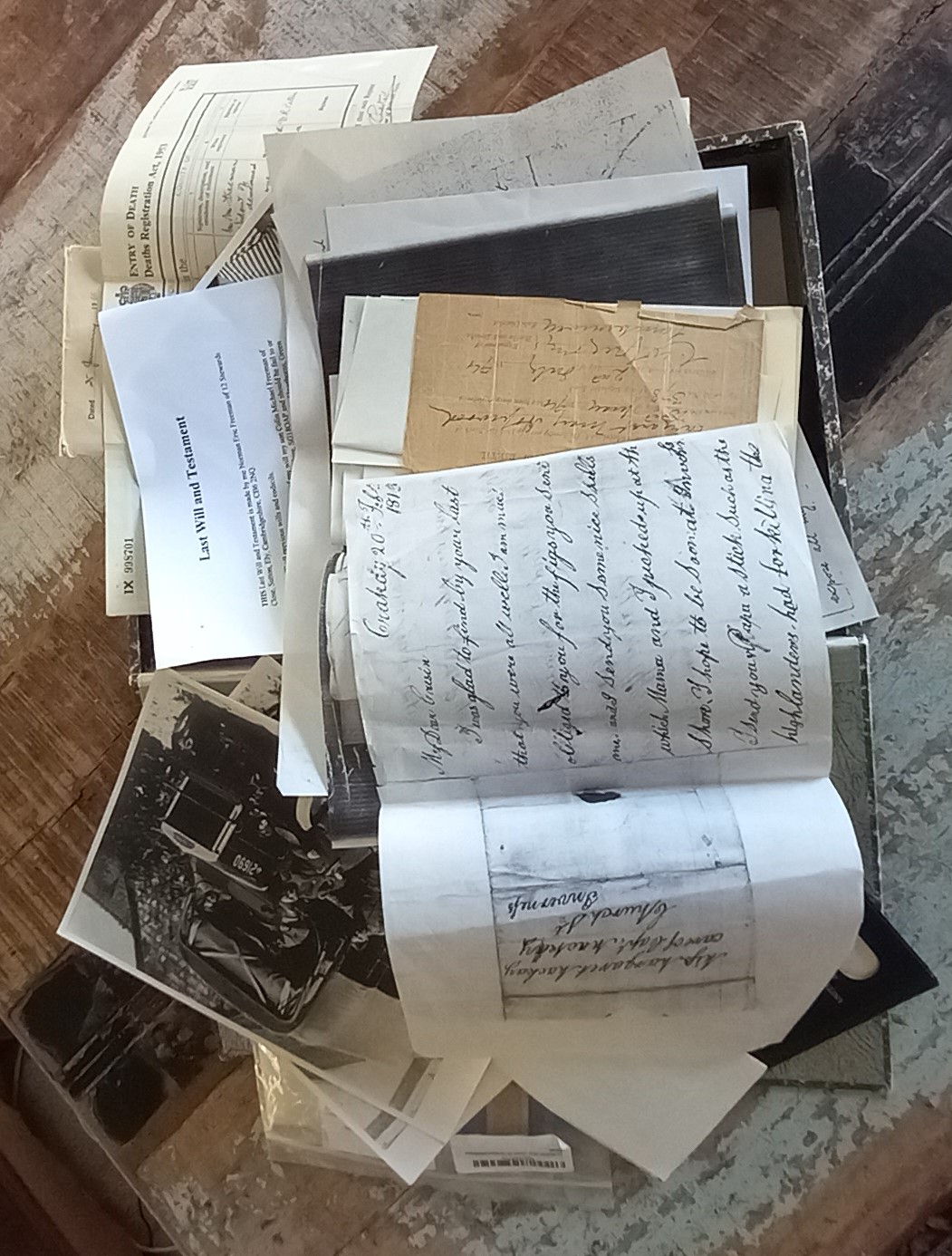
archive in your attic. family records
You can upload your family records for others to see them either in public or a private group.
Better than that you can earn credit to your electronic wallet from those family records on DigiClerk and in public view.
You can also share your records within a private group. There is an extra cost involved in keeping the records private to a group. This could wrk well for a school alumini, military We have a live example that you can follow on the news page.
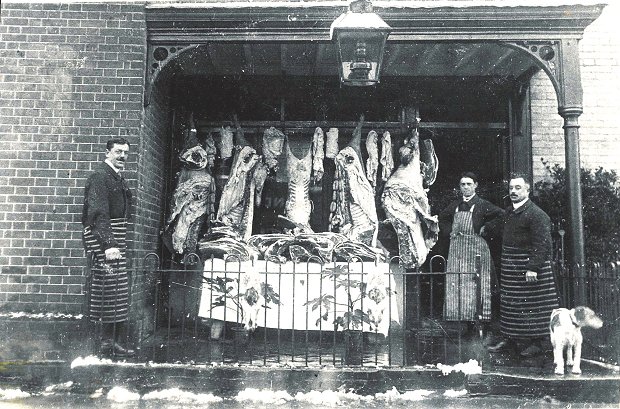
prentice house
The answer to “can we share records privately” is yes, but not yet. This is because we haven’t enabled the private collection function yet. At the moment all records on DigiClerk (DC) are available to Founder Members and Members depending on which Collection(s) they access to.
Very early on we realised that there would be the need to allow Members to share records privately. This could be a school alumni group, a family group, a military reunion group or a commercial organisation using DC for its archives. DC envisages three levels of privacy and sees them as growing from the bottom up, as they become more public.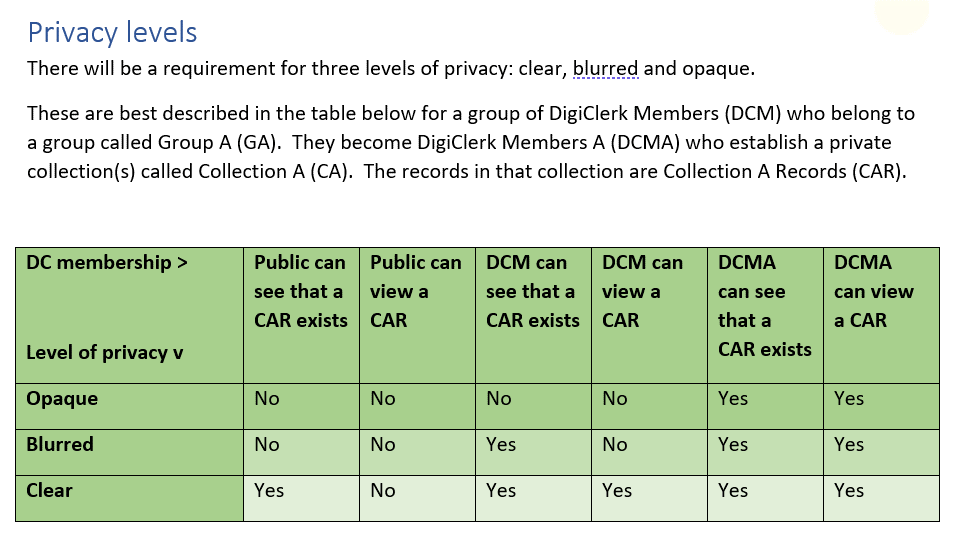
The Membership costs will be higher for Blurred and Opaque collections because the revenue share model of DC cannot work with private records.
.
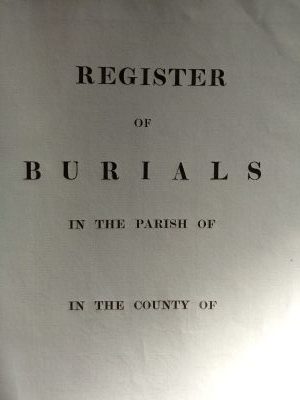
church burial register
DigiClerk can help your church.
- Who gets to see the records held in your church? The likely answer is not many.
- How does anyone know what records are in your church and what names are amongst them? The likely answer is one person. The Rector.
- Is there an online map of the graves in the churchyard? The likely answer is no.
DigiClerk (DC) can help your church.
As a church do you know the true value of the records that you have stored in the church and those sent to county archives? In terms of diversity, who gets to see those records? Using the DC platform the church can digitise your records (leaving the physical records where they are) and make them available online to a global audience.
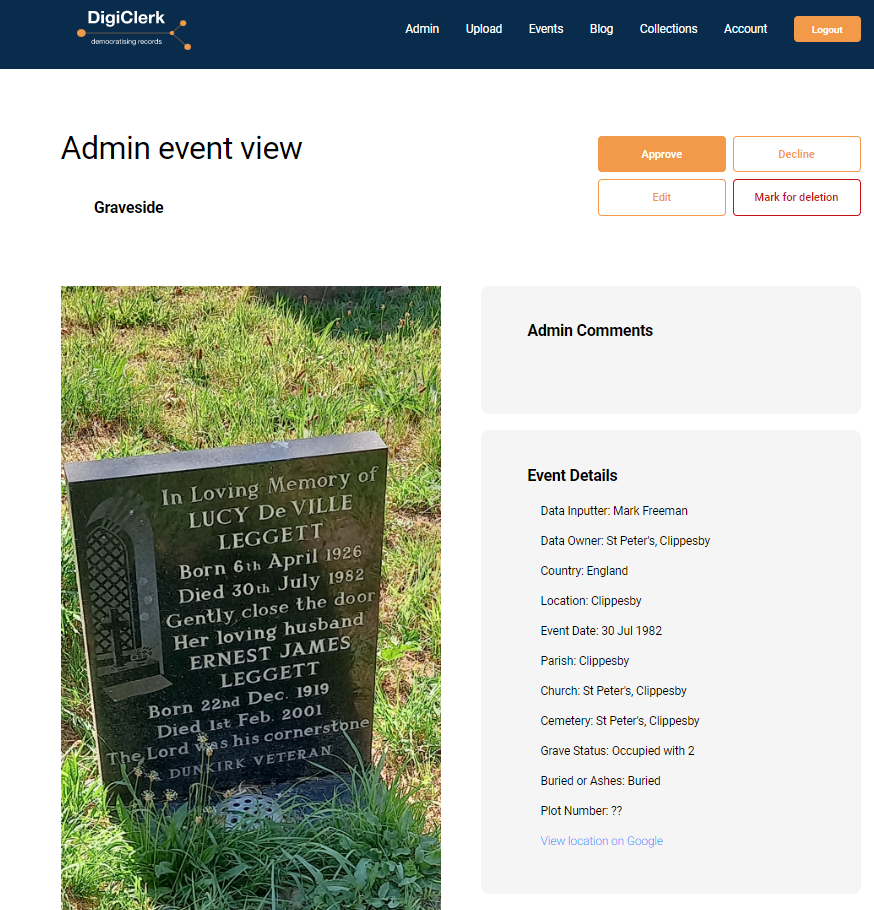
churchyard gravestone
Better than that, once DigiClerk has the right volume of subscribers, the church will earn income from those records.
Want to know more? Please contact mark@digiclerk.uk
We are seeking Founder Members to help accelerate the development of the platform. See this one time fee offer and be part of the record revolution.

church burial register
DigiClerk can help your church.
- Who gets to see the records held in your church? The likely answer is not many.
- How does anyone know what records are in your church and what names are amongst them? The likely answer is one person. The Rector.
- Is there an online map of the graves in the churchyard? The likely answer is no.
DigiClerk (DC) can help your church.
As a church do you know the true value of the records that you have stored in the church and those sent to county archives? In terms of diversity, who gets to see those records? Using the DC platform the church can digitise your records (leaving the physical records where they are) and make them available online to a global audience.

churchyard gravestone
Better than that, once DigiClerk has the right volume of subscribers, the church will earn income from those records.
Want to know more? Please contact mark@digiclerk.uk
We are seeking Founder Members to help accelerate the development of the platform. See this one time fee offer and be part of the record revolution.
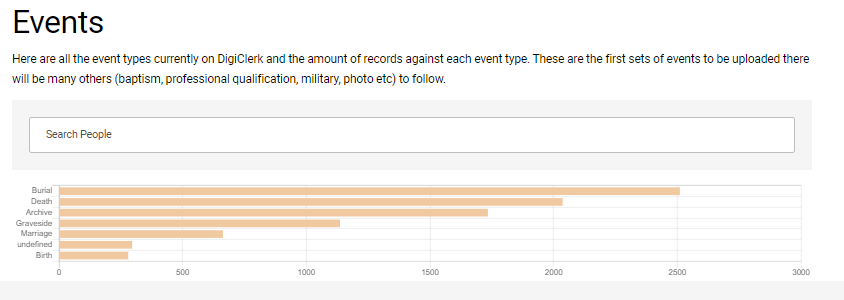
events graph
How does the events graph work in the People Collection?
Perhaps best answered by this short video
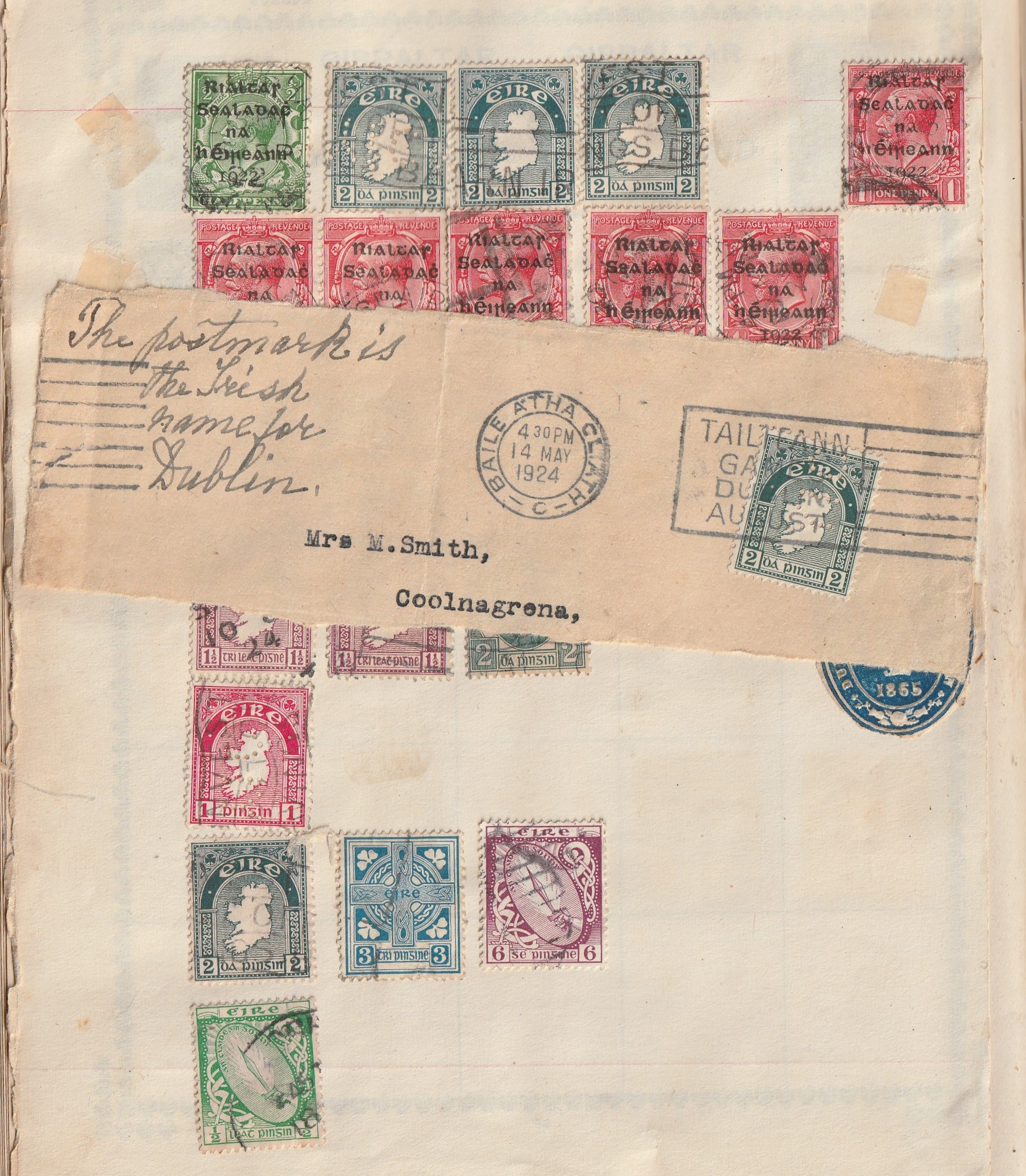
Irish stamps
What is a Collection? See this short video for an overview from Mark.
A DigiClerk Collection is a group of records based around a certain thing or item. The current collections are based on people, stamps and yachting but there will be more coming. We are already being asked about Coins, Maps and Postcards. Also, DigiClerk Members can create a collection of their own that may cross all the other main collections.
Collections:
People has a person as the centre of every record in the collection. Currently the life events captured are birth, marriage, death, burial and graveside. We also have ‘archive’ as a bit of a catch all event, for the moment.
Stamp is based around postage stamps allowing stamp collectors to digitise, upload and share their collections with a global audience. Physical stamp collections rarely get seen by anyone other than the owner. Click here for a video showing you what you can explore right now.
Yachting is based on all things related to leisure maritime but starting with a focus on sailing and powerboats because that was what started the collection.
What is DigiClerk?
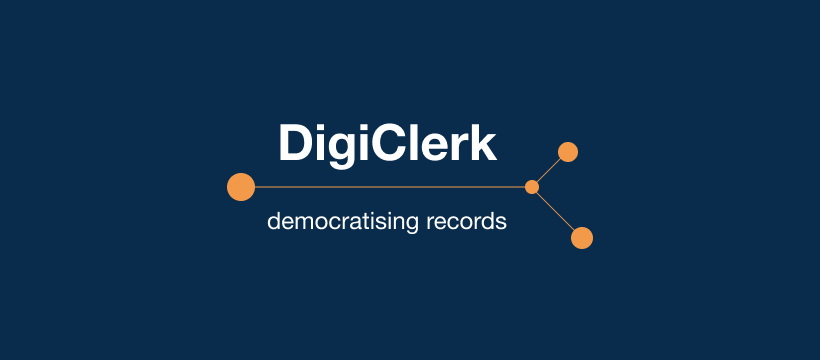 DigiClerk (DC) makes inaccessible records accessible and creates the links between them.
DigiClerk (DC) makes inaccessible records accessible and creates the links between them.
The DC Member digitises the record themselves and uploads them using either the DC app on a mobile phone or PC (or Mac!). This is for individuals and small organisations, as well as large entities.
There are currently the collections: People, Stamps, and Yachting
We call it ‘the democratisation of records’.
Can I store family records on DigiClerk?
people
Yes, you can store family records on DigiClerk. That’s one of the many reasons we have created DigiClerk and the People Collection platform.

archive in your attic. family records
You can upload your family records for others to see them either in public or a private group.
Better than that you can earn credit to your electronic wallet from those family records on DigiClerk and in public view.
You can also share your records within a private group. There is an extra cost involved in keeping the records private to a group. This could wrk well for a school alumini, military We have a live example that you can follow on the news page.

prentice house
The answer to “can we share records privately” is yes, but not yet. This is because we haven’t enabled the private collection function yet. At the moment all records on DigiClerk (DC) are available to Founder Members and Members depending on which Collection(s) they access to.
Very early on we realised that there would be the need to allow Members to share records privately. This could be a school alumni group, a family group, a military reunion group or a commercial organisation using DC for its archives. DC envisages three levels of privacy and sees them as growing from the bottom up, as they become more public.
The Membership costs will be higher for Blurred and Opaque collections because the revenue share model of DC cannot work with private records.
.

church burial register
DigiClerk can help your church.
- Who gets to see the records held in your church? The likely answer is not many.
- How does anyone know what records are in your church and what names are amongst them? The likely answer is one person. The Rector.
- Is there an online map of the graves in the churchyard? The likely answer is no.
DigiClerk (DC) can help your church.
As a church do you know the true value of the records that you have stored in the church and those sent to county archives? In terms of diversity, who gets to see those records? Using the DC platform the church can digitise your records (leaving the physical records where they are) and make them available online to a global audience.

churchyard gravestone
Better than that, once DigiClerk has the right volume of subscribers, the church will earn income from those records.
Want to know more? Please contact mark@digiclerk.uk
We are seeking Founder Members to help accelerate the development of the platform. See this one time fee offer and be part of the record revolution.

church burial register
DigiClerk can help your church.
- Who gets to see the records held in your church? The likely answer is not many.
- How does anyone know what records are in your church and what names are amongst them? The likely answer is one person. The Rector.
- Is there an online map of the graves in the churchyard? The likely answer is no.
DigiClerk (DC) can help your church.
As a church do you know the true value of the records that you have stored in the church and those sent to county archives? In terms of diversity, who gets to see those records? Using the DC platform the church can digitise your records (leaving the physical records where they are) and make them available online to a global audience.

churchyard gravestone
Better than that, once DigiClerk has the right volume of subscribers, the church will earn income from those records.
Want to know more? Please contact mark@digiclerk.uk
We are seeking Founder Members to help accelerate the development of the platform. See this one time fee offer and be part of the record revolution.

events graph
How does the events graph work in the People Collection?
Perhaps best answered by this short video

Irish stamps
What is a Collection? See this short video for an overview from Mark.
A DigiClerk Collection is a group of records based around a certain thing or item. The current collections are based on people, stamps and yachting but there will be more coming. We are already being asked about Coins, Maps and Postcards. Also, DigiClerk Members can create a collection of their own that may cross all the other main collections.
Collections:
People has a person as the centre of every record in the collection. Currently the life events captured are birth, marriage, death, burial and graveside. We also have ‘archive’ as a bit of a catch all event, for the moment.
Stamp is based around postage stamps allowing stamp collectors to digitise, upload and share their collections with a global audience. Physical stamp collections rarely get seen by anyone other than the owner. Click here for a video showing you what you can explore right now.
Yachting is based on all things related to leisure maritime but starting with a focus on sailing and powerboats because that was what started the collection.
What is DigiClerk?
 DigiClerk (DC) makes inaccessible records accessible and creates the links between them.
DigiClerk (DC) makes inaccessible records accessible and creates the links between them.
The DC Member digitises the record themselves and uploads them using either the DC app on a mobile phone or PC (or Mac!). This is for individuals and small organisations, as well as large entities.
There are currently the collections: People, Stamps, and Yachting
We call it ‘the democratisation of records’.

You must be logged in to post a comment.